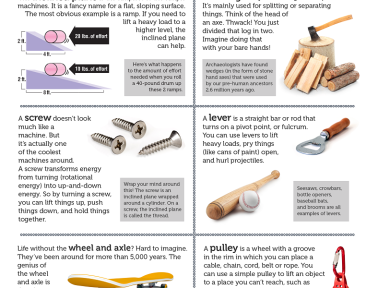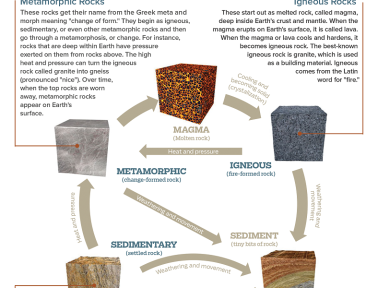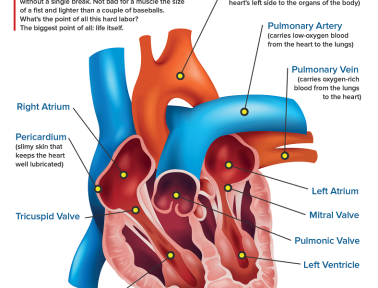I have this internal alarm system that goes off whenever I haven’t seen or heard my toddler for 60 seconds. The awareness typically alarms me and also I wonder off reasoning, ” Oh terrific. What is he doing?” Generally I find him clearing the dirt from the potted plants, scrubbing the tooth brush drawer with a (wet) commode brush, or checking out the markers (which are the good news is cleanable) at the art table … and on every adjacent wall surface. It’s a laborious to keep up with youngsters, and also all the important things they DO.
When I talk with parents and educators regarding kid actions, they typically would like to know how to obtain their youngsters to perform something, or most likely, to STOP doing something. I recognize what they’re accessing, yet the what’s what is, there are lots of methods to alter what children DO.
From a behaviorist point of view, you can merely connect actions with experiences and– voila– habits modifications to attain or avoid that connected outcome. Like Pavlov’s canine, it’s thought that sticker label charts and also candies, as well as paddlings as well as time outs become synonymous with good and also negative options and also will certainly start to dictate a kid’s habits. It’s significantly about the DO: You do this, I do that.
There’s some truth to this viewpoint as well as it can be used partly when combined with good factor. When learning brand-new abilities, as an example, constant incentives can be effective, as well as I would absolutely never underestimate the power of compliments and also various other favorable support, nor the teaching moments that originate from natural effects. However there’s a particular short-sightedness that comes from focusing just on the activity side of behavior, the DO.
If your objective is to affect what children are DOING, there are numerous avenues that open. If you think about it, abusive and/or manipulative adults are very good at obtaining kids to accomplish what they want. If your end goal is merely compliant actions, these techniques fit the bill. They are extremely effective. With any luck, however, these methods do not sit appropriate with you. They aren’t appropriate strategies for several factors, however specifically, since a few extremely vital aspects relating to habits are missing. These are the facets that surpass the DO to stress the BE.
BEING excellent is really what we seek. When you start to take a look at behavior not as the item itself, however as merely an evident indication of that children are BECOMING, a paradigm change takes place and those missing out on components become noticeable.
1. Regard: If you want to influence habits in a healthy and balanced way, you need to start from a placement of regard. Respect the inner operations of the private and recognize that issue resolving as well as decision making are individual skills that have to be created and also developed over a collection of mistakes as well as assisted technique. When we acknowledge that social abilities are found out, we also identify that regard is also something we design for kids — whether we identify it or otherwise– in our words and our actions, also as we trouble resolve their actions. We can not teach kids to be considerate if we do not initial set a pattern of regard in the method we treat them.
Children might DO great things, but when regard is a part of that they ARE, numerous options they are confronted with come to be instantly clear.
2. Relationships: Dr. Jack P. Shonkoff, Director of the Center on the Developing Kid at Harvard University, has actually stated, “There is no development without connections.”When we see that social and emotional development takes place within the context of our relationships with children, as well as their relationships with each other, we alter choices concerning how to instill self-control. Techniques that erode trust as well as regard go out the window.
When we instruct our youngsters to create self-control in a manner that is respectful, our relationships are strengthened and our training comes to be a lot more powerful.
3. Concepts:Concepts, comprehended and also valued, do a lot more to transform human habits than any amount of bribery or physical penalty ever could. Think of saints who have died for a reason or people you know that have actually denied tasks or chances due to the fact that the offerings broke their own objectives, interests, or concepts. Right-minded individuals can not be bribed or acquired. Their actions is a reflection of who they remain in their core.
We would certainly succeed to concentrate on training youngsters the principles– the why’s of behavior– instead of to rattle off a list of regulations and also matching motivations as well as penalties. When habits comes from what children believe, from who they have BECOME, there is even more consistency and also even more stability than when habits alone is the end objective.
Kids will certainly make mistakes. Yet those actions– what they DO– are not who they ARE. When we can advise kids of that they actually with concepts, with respect, and also within a healthy and balanced, strong partnership, the DO component has a tendency to work itself out.
Top picture thanks to 3 Seas Digital Photography.
Fascinatedin getting more favorable advice details? Take a look at my ecourse here.
Associated










